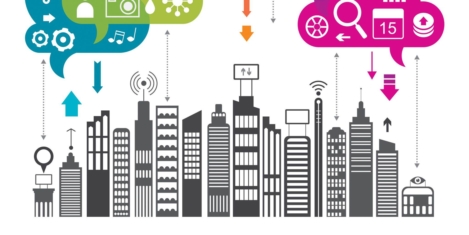To provide the best experiences, we use technologies like cookies to store and/or access device information. Consenting to these technologies will allow us to process data such as browsing behaviour or unique IDs on this site. Not consenting or withdrawing consent, may adversely affect certain features and functions.
The technical storage or access is strictly necessary for the legitimate purpose of enabling the use of a specific service explicitly requested by the subscriber or user, or for the sole purpose of carrying out the transmission of a communication over an electronic communications network.
The technical storage or access is necessary for the legitimate purpose of storing preferences that are not requested by the subscriber or user.
The technical storage or access that is used exclusively for statistical purposes.
The technical storage or access that is used exclusively for anonymous statistical purposes. Without a subpoena, voluntary compliance on the part of your Internet Service Provider, or additional records from a third party, information stored or retrieved for this purpose alone cannot usually be used to identify you.
The technical storage or access is required to create user profiles to send advertising, or to track the user on a website or across several websites for similar marketing purposes.
 Three-quarters (74 percent) of IT decision makers believe that IoT devices in the enterprise pose a significant threat to workplace privacy. That’s according to new research from Kollective. The report ‘Distributed Devices’ (registration), is based on a survey of 270 US and UK based IT decision makers and claims to explore the challenges and risks of incorporating IoT devices into business ecosystems. This research investigates how IT teams can ensure all devices at the edge of their networks are reached securely, effectively, and at scale. More →
Three-quarters (74 percent) of IT decision makers believe that IoT devices in the enterprise pose a significant threat to workplace privacy. That’s according to new research from Kollective. The report ‘Distributed Devices’ (registration), is based on a survey of 270 US and UK based IT decision makers and claims to explore the challenges and risks of incorporating IoT devices into business ecosystems. This research investigates how IT teams can ensure all devices at the edge of their networks are reached securely, effectively, and at scale. More →



































December 18, 2019
Anthropology might hold answers to the most difficult workplace challenges
by Christopher Diming • Comment, Workplace design
More →